
Hirokazu Koreeda was born in Tokyo. His original aim was to find a career as a novelist, so he studied literature at Waseda University, but after graduation, he changed his mind, turning to film. He began his career as assistant director for TV Man Union, an independent Japanese television company, after which he cut his directorial teeth on eight documentary shorts about life on the fringes of Japanese society.
His movies focus on recurring themes, such as the exploration of loss, the examination of how individuals cope with their grief, memory, regret, and truth. However, his main point of focus has always been the concept of family, a theme he has explored to the fullest throughout his filmography. His ability to direct children in masterful fashion has been highlighted repeatedly through this theme.
With the combination of lyrical quality, visual beauty, and a realism that lingers between fiction and documentary, his films have often been described as audiovisual poems.
Through these traits, slowly but steadily, Koreeda became the definite master of family dramas in the country and is currently one of the most acknowledged Japanese filmmakers in the world, as his films screen internationally. Furthermore, he has been often compared to masters like Yasuhiro Ozu, Hou Hsiao-hsien and Tsai Ming-liang, although he considers himself closer to Mikio Naruse.
Here are his 11 feature films, ranked from worst to best.
11. Air Doll
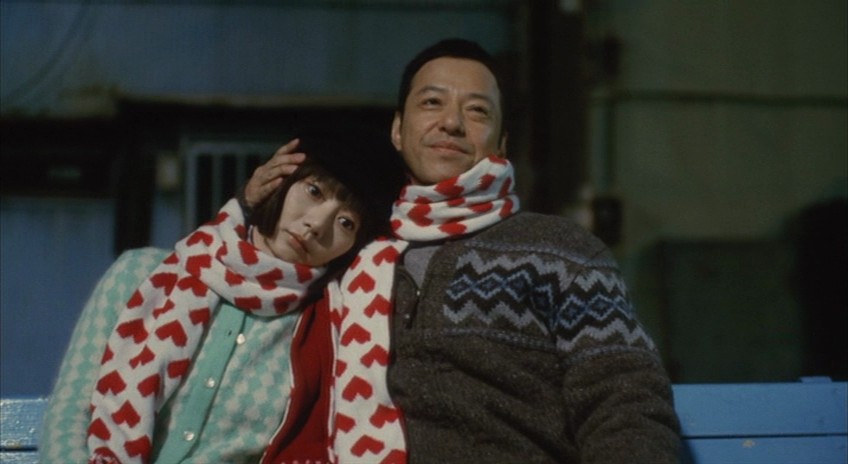
The film is based on the manga series “Kuuki Ningyo” by Yoshiie Gods.
The middle-aged Hideo owns an inflatable sex doll he calls Nozomi. He is infatuated with her; he dresses her, talks to her, takes her for walks, and even has sex with her.
One day, Nozomi comes to life and realizes she has a heart. She decides to leave the apartment and eventually meets Junichi, a video store clerk, and falls in love with him. Later on, she even gets a job at the same video store.
Koreeda directs a very dramatic film that focuses on loneliness through a highly surreal script. The film is a little longer than it should be, since Koreeda seems to linger at times. However, Korean actress Bae Doona gives a wonderful performance as Nozomi, conveying the unprecedented feelings of the air doll with elaborateness.
10. Hana
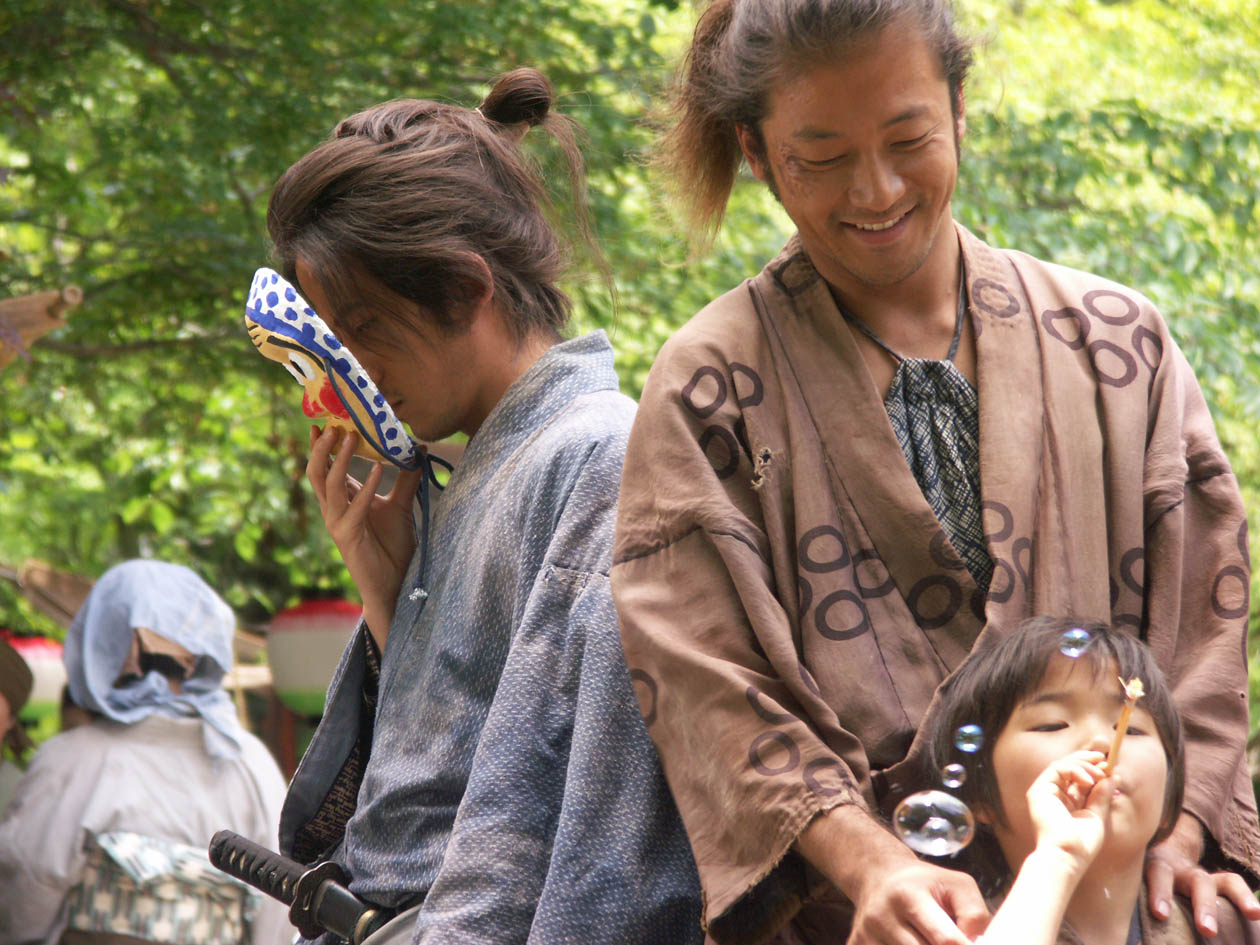
Koreeda’s only dwelling in the samurai film genre strayed away from most of the genre’s norms, as he used the particular setting to present a humanistic story filled with subtle humor.
Set in 1702, the plot revolves around Soza, a samurai who has spent the last few years searching for his father’s murderer, bound by the rules of Bushido. However, Soza is a lousy samurai, as he is no good with the sword or in martial arts, and he even hates violence. Eventually he arrives to Edo, where he abandons his initial purpose, instead preferring to teach the peasants in the slums of the city.
Nevertheless, he eventually discovers that the man he was after lives nearby, a fact that enrages his clan, whose people demand revenge. The situation becomes even more complicated since this revenge also includes a significant amount of money as a reward, which could help Soza’s poor neighbors. Among all this, Koreeda places a romance between Soza and a young widow, who seems to understand his need to avoid violence.
The production values of the film are impressive, but the sentiment it leaves is one of unfulfillment, with Koreeda including many characters in the 127 minutes of its duration, who seem to serve no purpose apart from retaining the humor even in the darkest situations.
On the other hand, almost all of the characters are likeable, and the romance makes the film quite entertaining, as Rie Miyazawa and Junichi Okada share great chemistry.
9. Distance
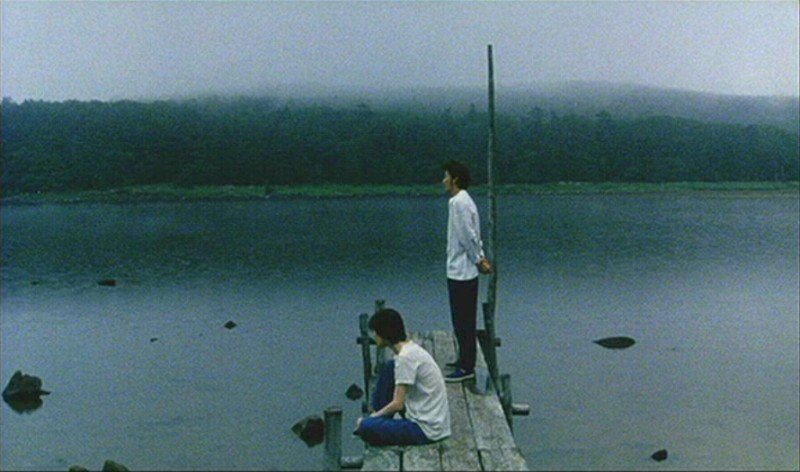
The Aum cult incident had a very deep impact on Japanese society, and Koreeda decided to deal with the issue, in his own somewhat abstract way.
The story takes place during the third anniversary memorial service for the victims of the Ark of Truth cult attack, which resulted in 128 deaths and 8,000 illnesses. Four individuals – Arata, a florist, Masaru, a student, Minoru, a businessman, and Kiyoka, a schoolteacher – visit a lake near the cult’s headquarters, in order to pray for their loved ones who perished during the attack. These, however, are not victims, but members of the cult who committed suicide after the attack.
When they leave the lake, they discover that their vehicle has been stolen, along with a motorcycle that belonged to a surviving cult member, Sakata, who is also at the place to pay his respects. The travelers, having no means of returning until the morning, decide to spend the evening at a cabin nearby. Together, they spent a night reminiscing, trying to understand the reasons behind the event.
Koreeda directs a film filled with subtle melancholy, as he tries to present the reasons people join cults and commit horrendous attacks. Through flashbacks and dialogue, he depicts the alienation and emotional isolation the perpetrators had from their families as they succumbed to the cult’s dogma.
However, his efforts do not prove very fruitful, as, by the end of the film, no clear reasoning is revealed in order to put some sort of anchor to the movie, to the point that Koreeda had to introduce an out-of-place melodramatic twist near the ending,.
In that fashion, the film is beautiful and well shot, but its point remains elusive.
8. After the Storm
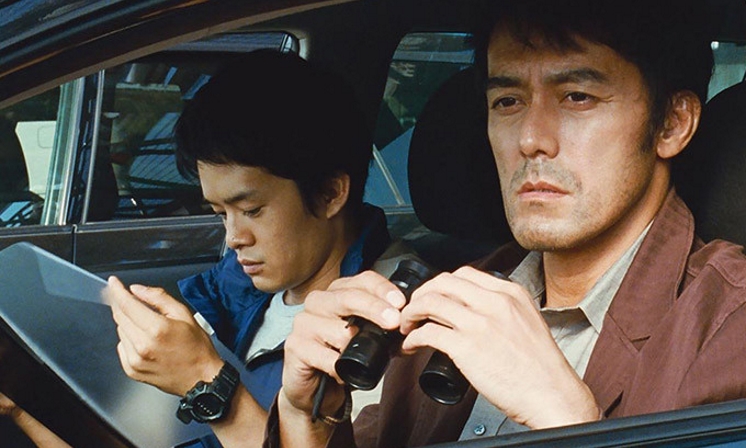
“After the Storm” continues Koreeda’s legacy in the family drama genre.
Ryota, a former prize-winning novelist, has fallen on hard times. He has stopped writing and currently works at a PI agency. However, he spends the money he earns (with shady tactics) on gambling, and is constantly broke. His wife, Kyoko, has divorced him, and since he does not pay his alimony, she does not let him see his son. In order to cope, he tries to earn money by pawning stuff from his parents’ house, although his mother, Yoshiko, is onto his antics, as is everybody else.
Furthermore, when he discovers that his wife is meeting up with someone, he starts stalking her, since he does not seem to be able to move on, contrary to Kyoko and Yoshiko. In order to avoid becoming exactly like his deceased father, who has disappointed them all, he tries to play a more significant role in his son’s life. A stormy night offers him a chance to redeem himself.
Koreeda directs another meaningful family drama in his usual style, which has become the norm for films of the genre in Japan. This style includes a slow pace, a mellow atmosphere without any kind of outbursts, great attention to detail to people and their interactions (particularly in the realistic depiction of everyday life), and some small dosages of humor.
Hiroshi Abe is very convincing as the lowlife Ryota, and the gorgeous Yoko Maki is great as Yoshiko, a former ‘victim’ that has taken her life into her own hands. However, the one who steals the show, once more, is Kirin Kiki, who presents a feisty and very intelligent Yoshiko, despite her 73 years.
The scenes where she mocks herself and other members of the family, and in general, the ones where she is joking, are the highlights of the film. Lily Franky, who seems to be everywhere these days, also has a small part.
7. After Life
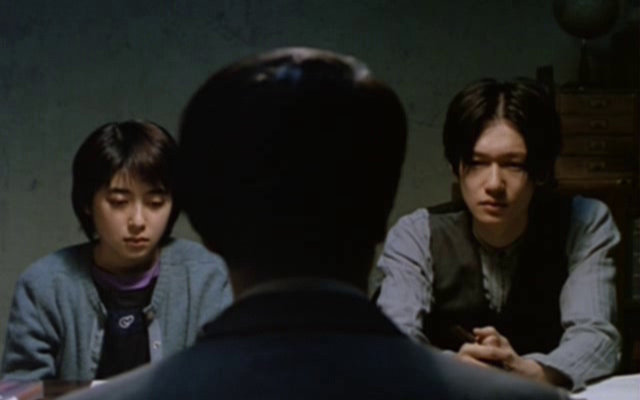
Every Monday morning, a group of ‘advisors’ welcomes a number of people who have just died in an institution, in order to help them choose their best memory, the one they want to hold on forever. On Thursday, a film crew from the same institution starts to produce the chosen memory in film, in order to screen it at the end of the week.
Koreeda directs a film that lingers between reality and fantasy in almost every aspect. Some of these memories are real, from interviews taken when he was working on TV, and some are fictional. The general concept is fictitious, but the way the film crew works and its stress to meet the deadline are quite realistic.
In order to present his message, which is revealed when the reason for the institution and its employees is disclosed, Koreeda has stripped the film from anything unnecessary in cinematic terms, such as special effects. In the process, he created an utterly pragmatic movie that deals with life and the concept of heaven.